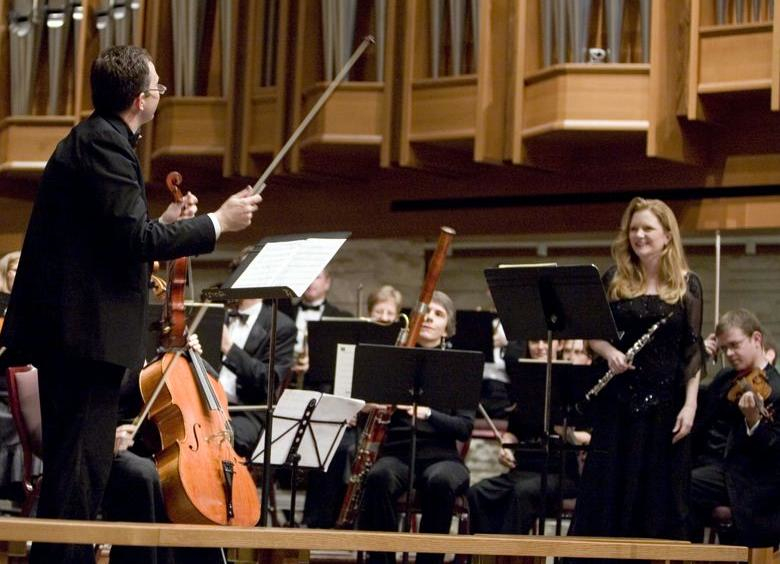Three Pet Peeves in the Orchestral World
Three pet peeves (yes, I have more, but these three deeply affect business success in the orchestral world).
1. A huge portion of classical music audiences do not know that orchestral positions are lifetime, tenured jobs. That also means that the rest of the population that does not listen to classical music or come to concerts has no idea about the sparseness of opportunities in the orchestral world.
2. Leaders in our industry keep seeking the “perfect” model of an orchestra to replicate and assimilate like the Borg.
3. While classical music performance takes the utmost concentration and preparation, having ‘dead eyes’ on stage contributes even more to the audiences’ perception that classical musicians are distant, separated and removed from the real world.
The first fact deals with an overall value placed upon a commodity. If people intimately familiar with our product do not know the specialization it takes to win an orchestral job (and a bit of luck!), then there is a lack of appreciation toward the value of such a job. This, in turn, leads to misconceptions about monetary value and intrinsic value of an orchestra as a whole in our communities.
The second fact deals with a band aid that will not heal the underlying problem of our musician’s world. Finding ‘best practices’ of other organizations is fine, but orchestras have to be built to fit their own communities. What works here in Houston, like a Dia de los Muertos celebration concert, would not make sense other places. Our job is to find a way for our performances to fit inside the lives of busy people, making it as easy to access as a glass of wine and Netflix. This does not mean compromising artistic quality, nor does it mean having to play background music.
The last one speaks to the truly important thing that happens on a stage. People MUST connect to people. We do this through our chosen language of classical music. You are not performing a live concert to give a perfect rendition of a piece. There are cds and iTunes for that. Find a way to get outside of yourself (and frankly beyond yourself) to be able to truly communicate from the stage. I suggest that you think about keeping your eyes alive and be truly present outside of yourself while in deep concentration mode. You don’t have to smile all of the time. But, it is actually ok to do so on a stage! Instead of thinking about projecting outward in your performance, consider inviting the audience into your experience with your thoughts and actions.
There are so many opportunities out there to make your mark. Come up with your own ideas that incorporate all of your passions and weave them together. I am excited for the future of classical musicians, not simply the music itself!


No comments yet.
Add your comment